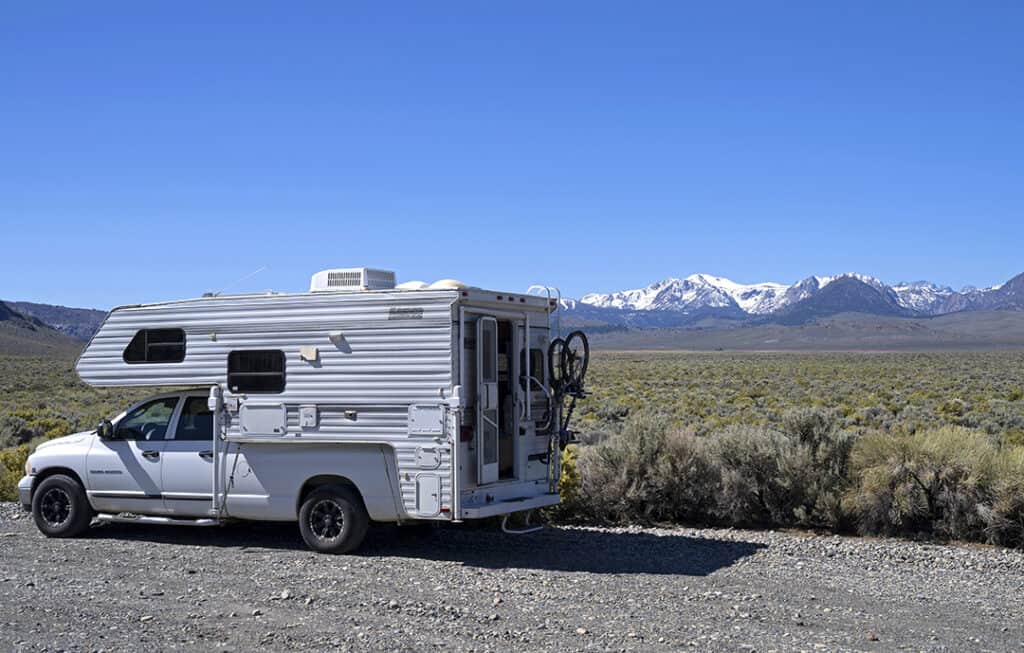
How Does Higher Elevation Affect RVing? Here’s What You Need To Know
Anyone who has lived above 5,000 feet in elevation tends to take higher altitudes for granted. However, for RVers who live at sea level and want to explore mountains in the 8,000 to 12,000 foot range, nothing should be taken for granted.
Did you know that for every 1,000 feet you go up in elevation, you lose about 5.4 degrees Fahrenheit? A balmy day at sea level can quickly turn to snowy skies if you head up to 10,000 feet. That’s really what the key to higher elevation is all about: expect the unexpected.
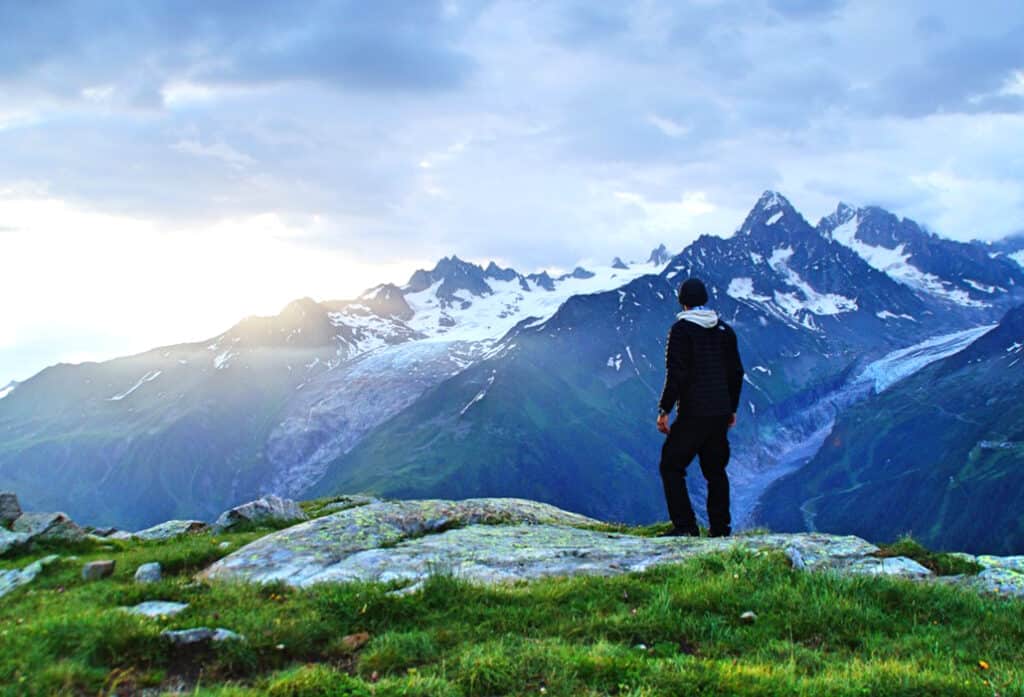
High altitude affects on the body
We’ll begin with what to expect on your own body (and what to do about it) when you head up high.
The first thing you will probably notice is that you will have more difficulty breathing or even walking around. This more adversely affects older adults. The best remedy for this is to take your time heading up from sea level. Don’t try to get from Los Angeles to the high Sierra passes in a few hours. Take your time and head up several thousand feet over the course of 2-3 days. This will allow your body to acclimatize over the course of several nights while sleeping.
Your body can be affected in other ways. Due to thinner air, you will need to drink more water and watch your alcohol and caffeine intake. Get the cassette toilet ready because you will most likely need to urinate more often. Don’t forget you will also be closer to the sun. Bring a good sun hat, sunglasses, and sunscreen as well.
Adjusting to altitude only takes a few days, but some people may not recover. Altitude stress can develop and includes nausea, headaches, and irritability. Much worse is Acute Mountain Sickness (AMS) which affects motor skills and can cause a fatal pulmonary and cerebral edema. This is more of a danger in locations that are over 14,000 feet, but if you feel lightheaded, dizzy, or are vomiting, immediately get in your RV and head down a few thousand feet until you feel better.
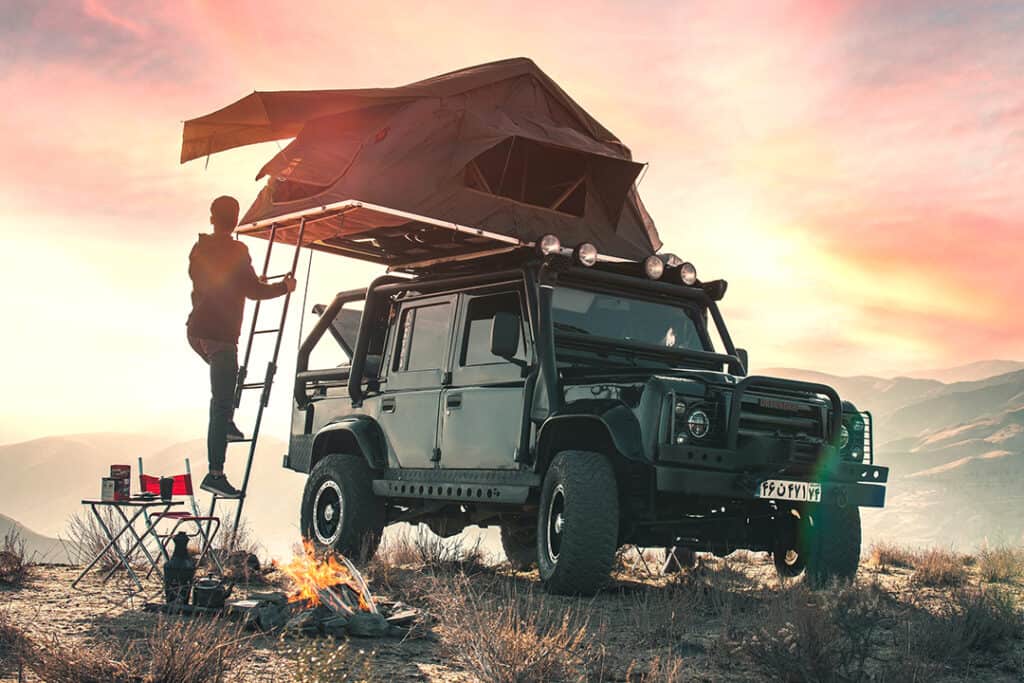
High altitude affects on gear
RV appliances, gear, and even cooking can also be affected by high altitude. It takes longer to boil water at higher elevations, and some fuels, such as butane, don’t burn as effectively. If you have a 3-way fridge in your rig, you may have to switch over to battery power or 110. Because of lower atmospheric pressure, fridge pilot lights may not ignite or fridges may lose power at elevations over 5,000 feet.
In addition to loss of oxygen, there will be a significant loss of heat at night in the mountains. These cold temps can freeze water lines and water tanks. If you are expecting nights to be in the 30s, you may want to empty both your fresh and gray tanks and bring some portable water containers inside.
If you depend on a generator for your RV power, these appliances will also suffer at elevations above 6,000 feet. Due to the lower oxygen density, they will have a more difficult time running and will run less efficiently. Some generators do come with high altitude kits that can be utilized if you plan on staying high up for a longer period of time.
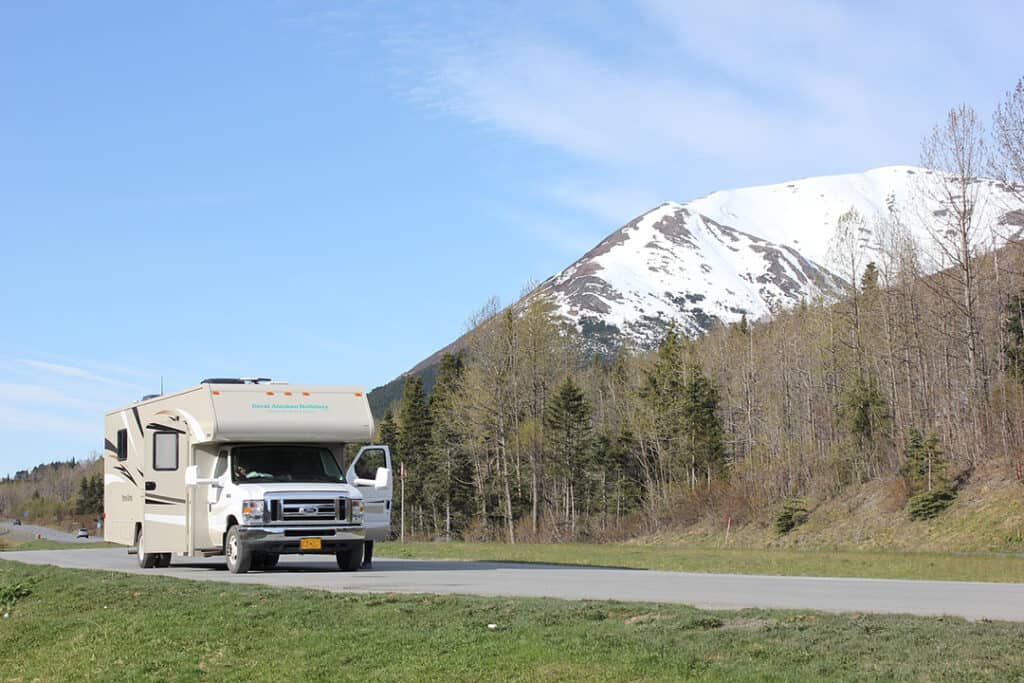
How does a higher elevation affect your engine?
Whether you have a tow vehicle or are driving a Class A, B, or C RV, you may experience a sluggish engine at higher elevations. For every 3,000 feet you gain in altitude, your engine can typically lose about 10 percent of its rated output. Diesel engines tend to do better at altitude than gas powered engines.
Towing a trailer can also be more challenging on mountain roads. Many of these types of roads meander through tunnels, along steep grades, and can contain sharp hairpin turns. This puts more strain on your tow vehicle engine and can cause overheating, or worse, fire. While traveling around the Sierra Nevada mountains, I’ve seen several truck engines catch on fire while towing a heavy load. Be prepared with a fire extinguisher in both your tow vehicle and in your trailer.
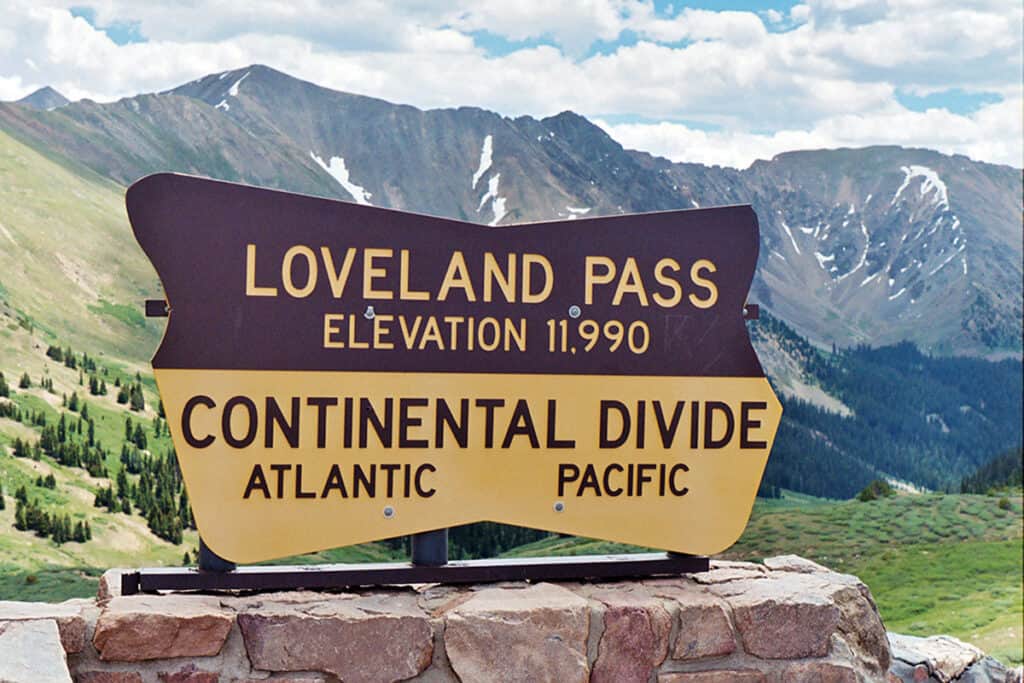
Other high altitude concerns
Weather can be quite unpredictable at higher altitudes. Wind is stronger and summer thunderstorms can bring snow if the temperatures drop low enough. This is a double concern if you are driving in the mountains with steep winding roads.
Since cell service can be spotty in the mountains, be sure you pack a good weather radio or a set of 2-way radios with a NOAA channel and alarm in your rig. These will alert you of any major changes in barometric pressure or incoming storms. Make sure to also know what the local radio channel is for the National Weather Service. These can typically be found listed on blue road signs as you head into areas that tend to get inclement weather.
In addition to the weather radio, be sure to have a good RV-safe GPS and downloaded maps for the area you are traveling in. While planning your route on RV LIFE Trip Wizard, you can not only find campgrounds and points of interest along your route, but you can also get a better idea of the elevation changes as well.
Paper maps are always a good backup too. These maps will show alternate routes as well as elevations.
There is no need to avoid higher elevations and all the beautiful scenery that higher altitudes have to offer. In fact, because of their challenges, they are some of the most rewarding locations to visit…and contain a lot less people than coastal areas. Just be prepared to plan your trip a little more closely.
Typing addresses into a GPS screen can be frustrating, particularly if you have multiple stops planned throughout the day. Eliminate this frustration by using the RV LIFE GPS & Campgrounds app for your navigation. By accessing trips you have pre-planned using RV LIFE Trip Wizard, you’ll never need to enter an address again. Simply tap on your trip, choose the next destination, and hit Go, and the RV LIFE app will provide you with RV-safe driving directions.
Related articles:

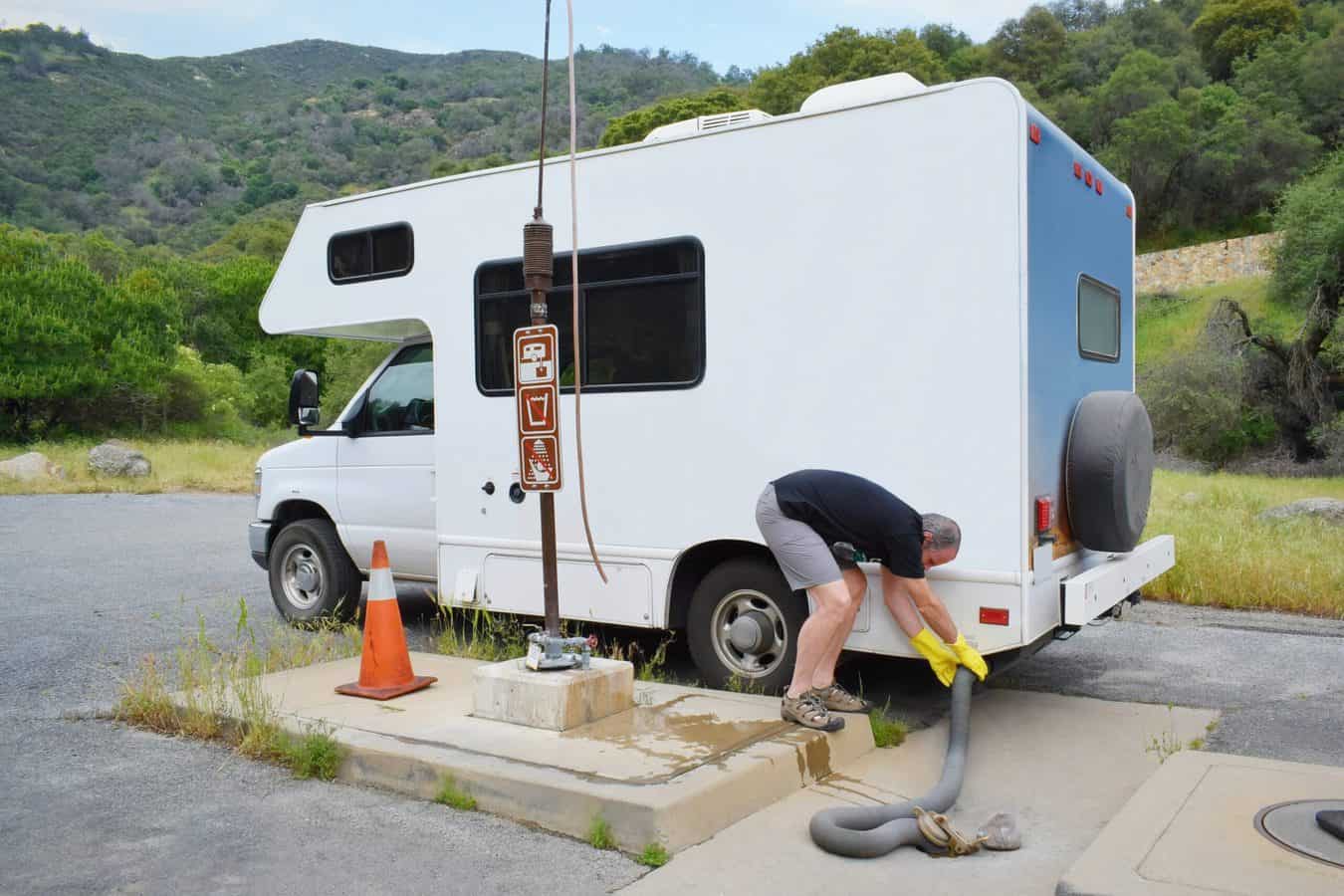
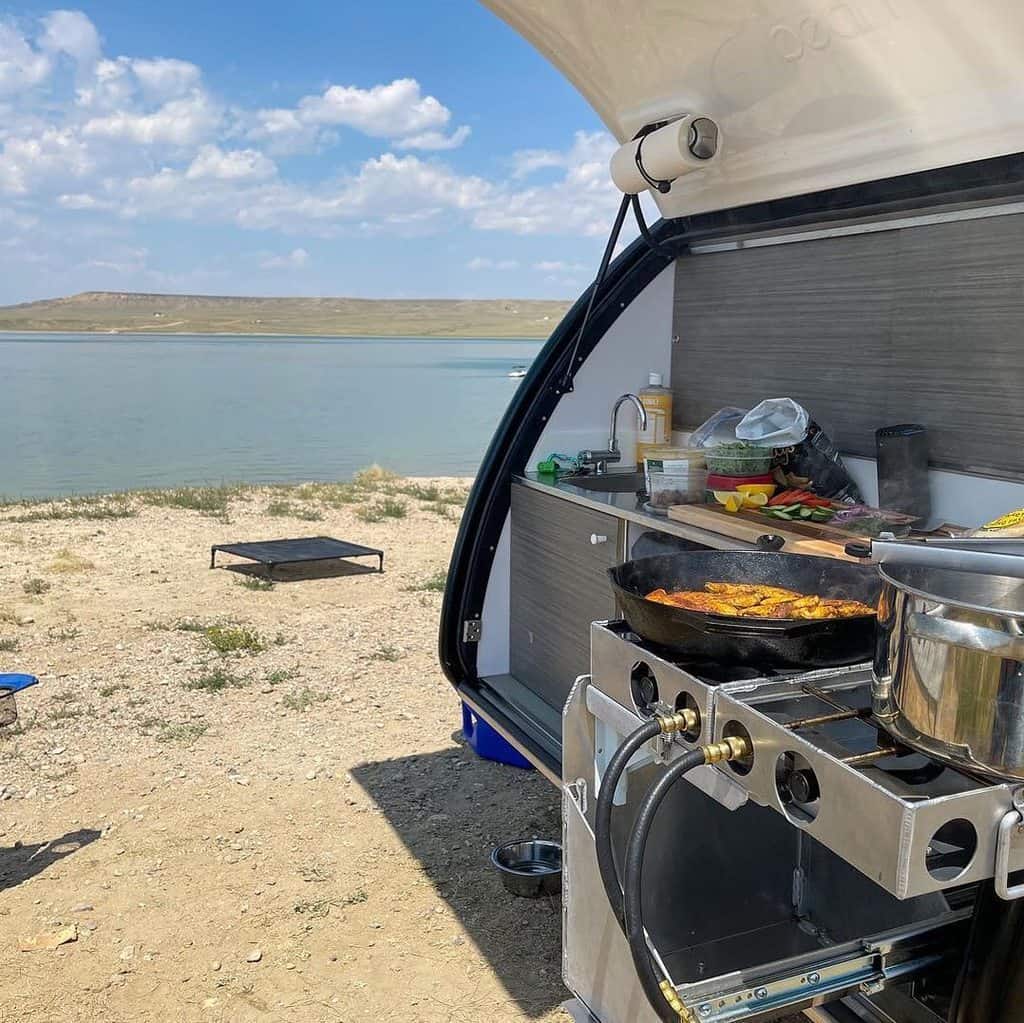
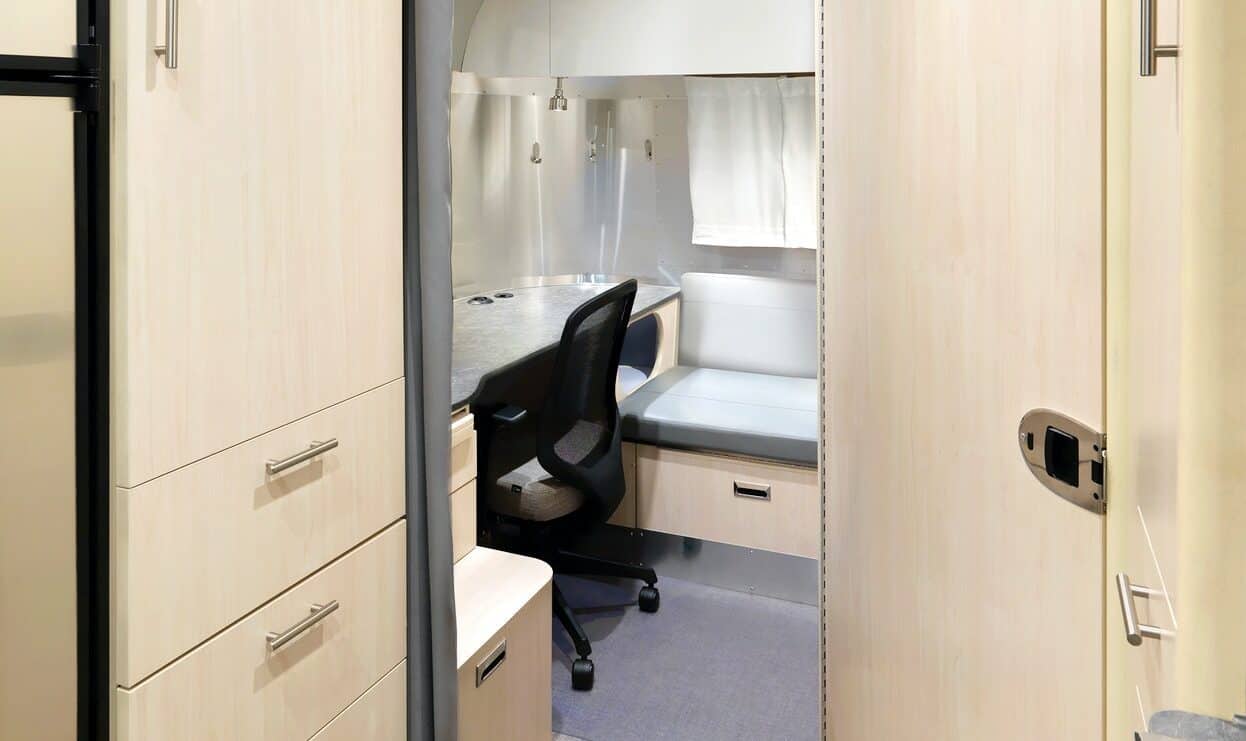
Perhaps a mention of diesel and gasoline fired vehicle heaters. Unless designed for high altitudes these will not work to their optimum and can fail due to less oxygen to burn. Existing heaters can be fitted with a high altitude kit depending on the make and model. Some of the newer heater models are fitted with automatic altitude adjustment. It is worth checking if this is available when buying a new air or water heater for your RV.
Great article!
Generators will lose capacity at altitude for the same reason as main engines. Do not overload them.
Turbocharged engines will not degrade at altitude, and in fact you will get better fuel mileage because the thinner air generates less drag on the front of your rig.
Tires should be covered when parked. The increased radiation at altitude is hard on them.
“It takes longer to boil water at higher elevations”…….. not strictly correct: water boils at a lower temperature at higher elevations. Therefore cooking will take longer depending on your cooking methods.
We have two different high altitude carb jet kits for our generator.
One small thing to add: Turbocharged engines don’t lose much power at all at elevation. good article!! (from someone who used to live at 8300 feet and spends lot of time above 14,000).
If you travel like we do with our Sleep Number bed in the RV. Make sure to lower it’s pressure before going up any significant elevation change. Or if you have any inflatable devices for that matter.
Good Article and recommendations for high altitude. One area that would have enhanced the article would have been to 1) expect slower climbs and lower gears, and 2) be aware of downhill challenges such as lower gears and light braking. Thanks.
At higher elevations, you can develop central apnea where the reduced oxygen content of the blood induces breathing instability, with periods of deep and rapid breathing alternating with apnea. This breathing pattern is called high-altitude periodic breathing. It occurs even in healthy persons at altitudes above 6000 ft.
For those with sleep apnea, higher altitude can definitely make breathing more difficult. In a 2011 study, researchers found that those living at higher altitudes which had moderate-to-severe obstructive sleep apnea were also more likely to develop central sleep apnea.
At above 7000 ft, even with a sleep apnea machine, I woke up and couldn’t breath. I don’t camp above 7000 ft anymore.
Very good information except for the temperature loss for each 1000 foot gain in elevation. The temperature drop is around 3.5 degrees per thousand feet, not 5.4 degrees as stated at the beginning of the article.
I live at 9000 feet in Colorado and camp most often locally. I find my biggest RV headache is my heater. Due to the thin air, often it will not start or stay on, which makes for some very cold nights. Most RV heaters are made for 5000 feet or less.
I can vouch first hand for the lack of o2 at 10000ft. 2 yrs ago we were going to do the 3 14ooos in Colorado. We came up slowly but to no avail. At night my o2 stats dropped into the 80s. Scary at best. Luckily I brought a small o2 cylinder which worked for 1 night but we had to leave early. Now I carry a o2 concentrater so maybe on my 75th bday we can make the cli m b.sucks getting old. But here’s hoping for next year
Great article, Christina! I live @ 6500′ above sea level & often travel in the Rockies above 10,000 ft. I have found that the lack of oxygen is quite noticeable, as you have pointed out. Sunscreen is a good thing to have because of the reduced atmospheric protection. The reduced presence of humans results in large wild animal behaviors that can be alarming and dangerous to people and their RVs. Elk, moose, bears and cougars are occasional visitors, they can interact with garbage, pets and sightseers. Mosquitos and other insects can ruin a perfect day!
Beefed up bedding, like sleeping bags or Beddy sheets can be useful for cold nights.
Having lived at high altitude we know a few things you missed…your engine will sputter and cough, often just stopping due to low oxygen levels that your carburator is not “tuned” for. It takes more than a couple of days to acclimate. Climbers spend weeks at a base camp to adjust, so know you may have problems. You will get headaches, we advise guests when they arrive to take an aspirin and go lie down. Anyone with a heart or lung condition should not go above 5,000 ft.
In conclusion…dogs react too, it is not uncommon for older pets to be rushed to a local vet because they develop serious breathing problems. The cure…get in your vehicle and head down off the mountain.
Give up on cooking from scratch…get pre-packaged food, they will have instructions on the box on how to adjust for altitude. You will not get a strong cup of coffee, water does not get hot enough. A 3 min. egg takes 5 min. at 7,000 ft. For a short visit it is not worth recalculating your favorite recipes.